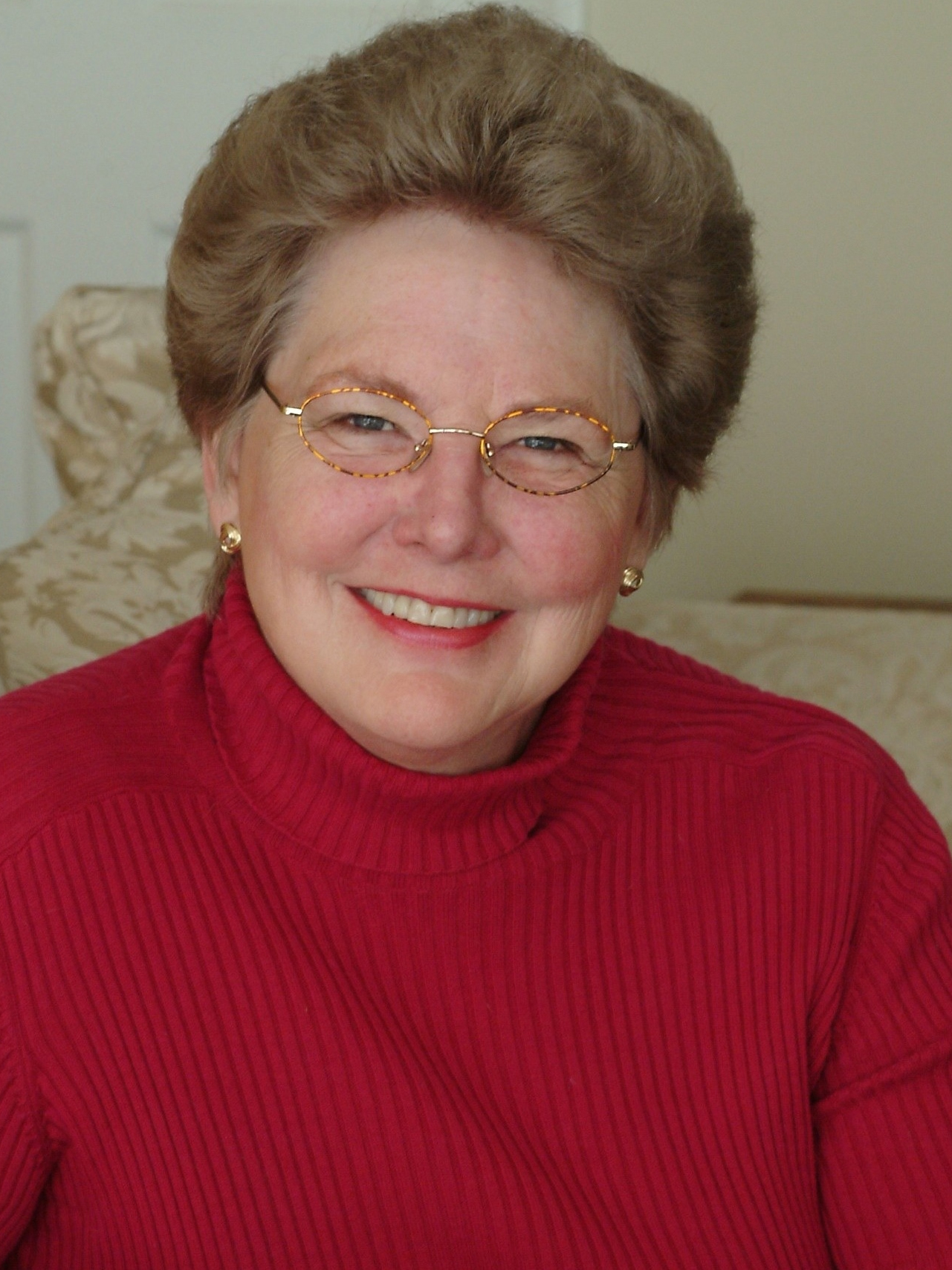It’s been nearly twenty years since Katherine Hayles published her landmark book How We Became Posthuman. Rather than enjoying a brief vogue and then fading from the scene, her account of the posthuman condition has continued to ramify and gain importance across the many fields of posthumanities research. In this presentation, Hayles will sketch a history of the posthumanities from their beginnings in the cybernetics of the 1940s to their recent expansion through new cognitive technologies, and discuss the likeliest paths of their future development.
Cosponsored by the Price Lab for Digital Humanities.
N. Katherine Hayles, the James B. Duke Professor of Literature at Duke University, teaches and writes about the intertwining roles of literature, science and technology in the 20th and 21st centuries. She is well known for her research and understanding of the terms “human” and “posthuman” as concepts emerging from our historical perception of technology, culture and embodiment. Hayles explains that the posthuman view is one that values information over materiality, mind over body, and knowledge over consciousness. Cognition is no longer limited to a container, to Hayles, it is as free flowing as the air we breathe.
Hayles has published ten books and over 100 peer-reviewed articles, and her research has been recognized by a Guggenheim Fellowship, two National Endowment for the Humanities Fellowships, a Rockefeller Residential Fellowship at Bellagio, a National Humanities Center Fellowship, and a University of California Presidential Award, among other awards. Hayles is a member of the American Academy of Arts and Sciences. Her books have won numerous awards, including the Rene Wellek Prize for the Best Book in Literary Theory in 1998-99 for “How We Became Posthuman: Virtual Bodies in Cybernetics, Literature, and Informatics”, and the Suzanne Langer Award for Outstanding Scholarship for Writing Machines. She teaches courses on experimental fiction, literary and cultural theory, finance capital and culture, science fiction, and contemporary American fiction. She has won two teaching awards, and has held visiting appointments at Princeton, University of Chicago as the Critical Inquiry Visiting Professor, and Institute for Advanced Studies at Durham University UK, among others.



